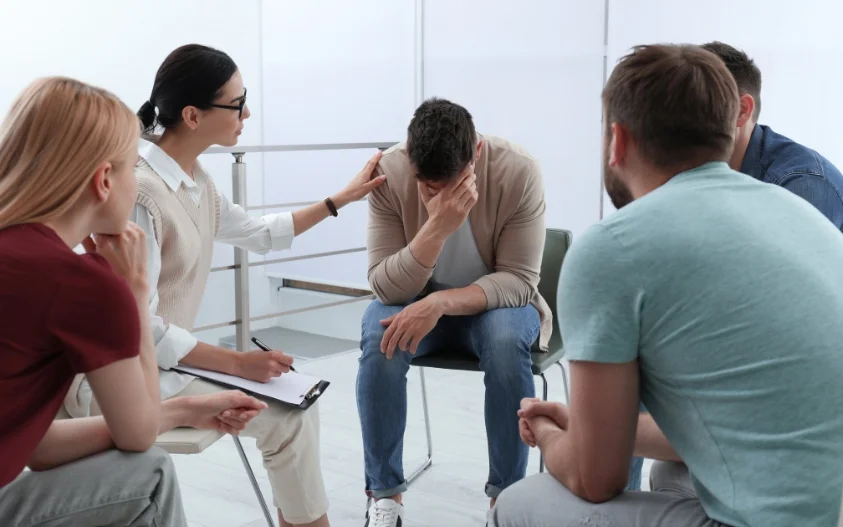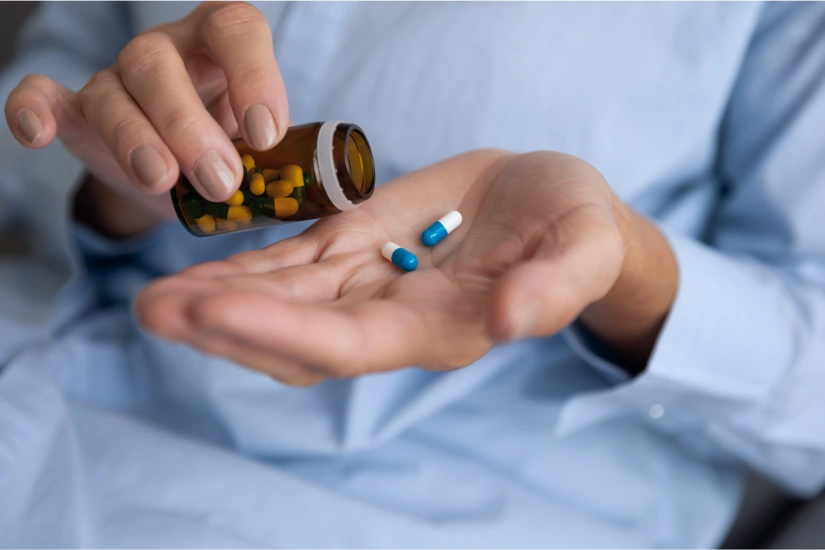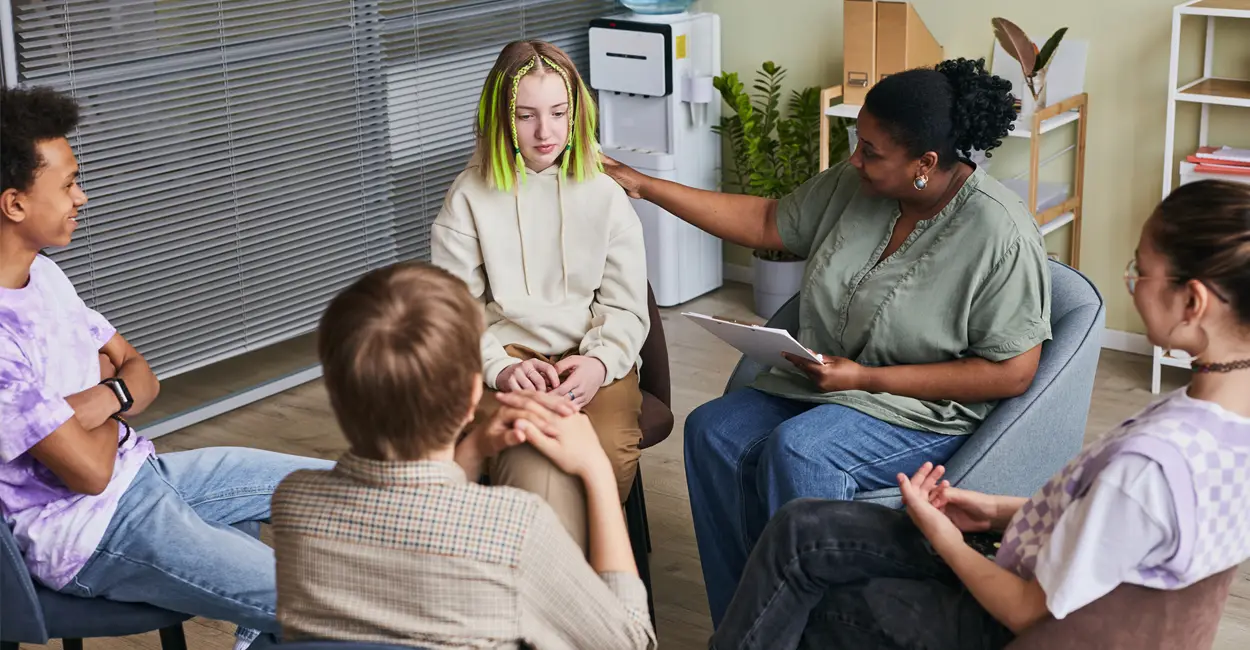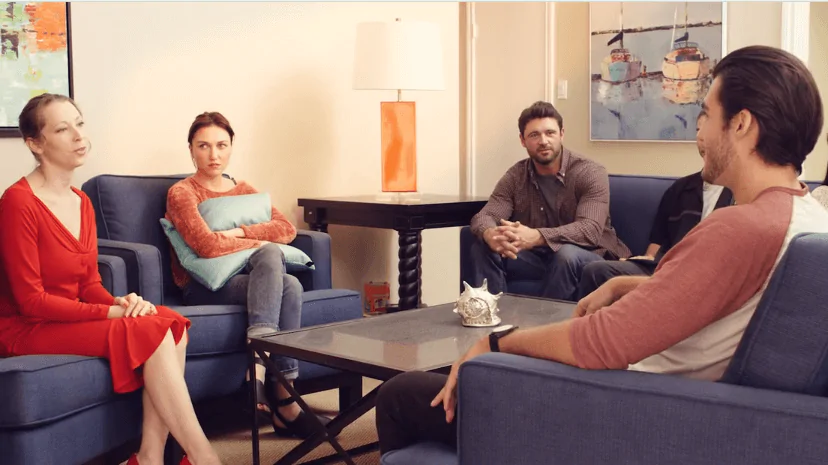24/7 Helpline:
(866) 899-221924/7 Helpline:
(866) 899-2219
Learn more about Prescription drug Rehab centers in Prince George
Prescription drug Rehab in Other Cities

Other Insurance Options

United Health Care

BlueCross

CareSource

Ceridian

Meritain

Ambetter

Multiplan

Health Partners

MVP Healthcare

Covered California

Premera

MHNNet Behavioral Health

Group Health Incorporated
Beacon

UnitedHealth Group

Absolute Total Care

BlueShield

Health Net

CareFirst

Holman Group












Community Services Board – Prince George Counseling
Community Services Board - Prince George Counseling Services offers outpatient treatment for adults ...


